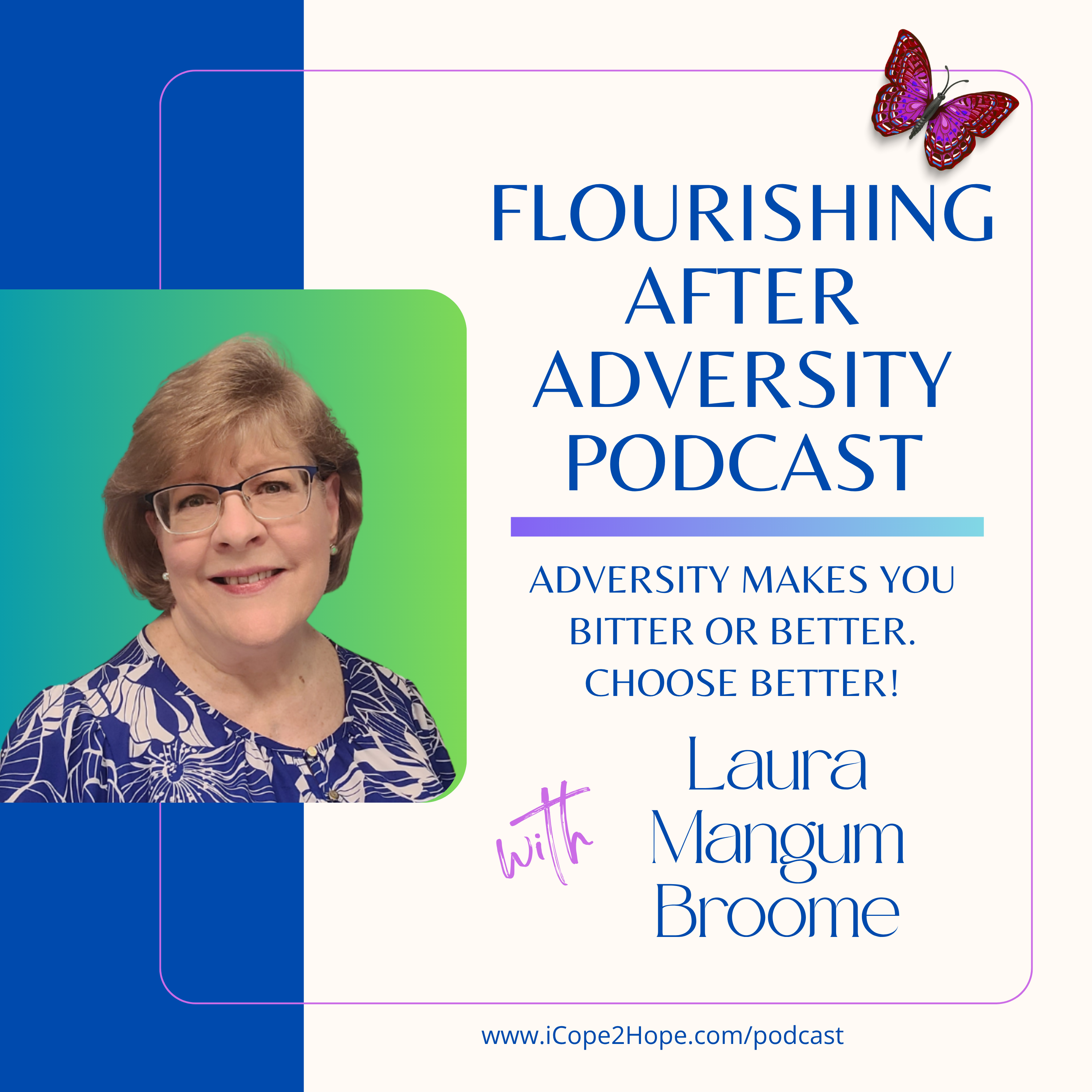From Broken Trust to Breakthrough: Journeying Beyond Betrayal

Maybe you've experienced one of these scenarios:
- A close friend you've known for years tells a secret you'd confided in them.
- Your spouse has been having an affair with a client.
- Your coworker, who you trusted, takes credit for your hard work.
You feel as if a rug has been pulled from under your feet. Betrayal can sting, leaving us hurt and confused.
But what if there was a way not just to survive, but to thrive in the aftermath of such pain?
Understanding Betrayal
Before we dive into ways to overcome betrayal, it's important to understand what it is.
Being betrayed is a deeply personal experience, and its manifestation can differ from person to person based on the nature of the betrayal, individual temperament, past experiences, and the relationship with the person who betrayed them.
However, there are some common emotional, psychological, and even physical sensations associated with betrayal:
- Emotional Shock: Initially, one might feel stunned or paralyzed, not believing that what has happened is real. There's often a sense of disbelief.
- Intense Emotional Pain: Betrayal can evoke feelings of heartbreak, comparable to grief or mourning. The pain is deep because it comes from someone once trusted.
- Anger: This can be directed at the betrayer, oneself, or even external situations. The feeling of being wronged can be overwhelming.
- Sadness and Despair: A profound sense of sadness can be felt, often accompanied by episodes of crying or feeling an emotional void.
- Confusion: One might grapple with questions like "Why did this happen?" or "What did I miss?"
- Distrust: Once trust is broken, it becomes hard to trust again, not just the betrayer, but others as well. There's a heightened sense of caution.
- Reduced Self-esteem and Self-worth: Betrayal can lead to feelings of inadequacy, thinking that one somehow deserved or caused the betrayal.
- Physical Sensations: Some people report physical symptoms like a sinking feeling in the stomach, chest pains, or feeling like they’ve been physically struck.
- Hyper-vigilance: Post-betrayal, one might become excessively wary and alert, constantly on the lookout for signs of further betrayals.
- Isolation: Feeling like pulling away from social connections and wanting to be alone. There's a reluctance to share or open up, fearing further betrayals.
- Anxiety and Depression: These mental health conditions can be exacerbated or triggered by betrayal, leading to sleep disturbances, changes in appetite, and a lack of motivation or energy.
- Rumination: Continuous thinking or obsessing over the betrayal, replaying events in one's mind, and trying to piece together "clues" or "signs".
- Loss of Identity: Especially in cases where the betrayal affects core aspects of one's life (e.g., a long-term relationship or a lifelong career), there can be a sense of not knowing who you are anymore, feeling lost or directionless.
It's important to note that while these are common feelings associated with betrayal, each individual's experience is unique. Some might feel all of these emotions, others just a few, and the intensity and duration can vary widely.
However, acknowledging these feelings and seeking appropriate support, whether from loved ones, therapists, or counselors, is crucial in the healing process.
Accepting What Happened
The first step towards overcoming betrayal is acceptance. It is what it is.
Acceptance doesn't mean you approve of it, you are acknowledging that the betrayal happened to you. For more information about radical acceptance, click here to read my blog.
- Acknowledge Your Emotions: It's normal to feel anger, sadness, confusion, or even self-doubt. These are all valid feelings and part of the healing process.
- Seek Support: Talk to someone you trust about your feelings. This could be a friend, a family member, or a counselor.
- Practice Self-Compassion: Remind yourself that it's okay to feel upset and that what happened is not your fault. Be gentle with yourself.
- Avoid Revenge: While it might be tempting, seeking revenge will only prolong your pain. Instead, focus on healing and moving forward.
Focusing on What's in Your Control
Once you've accepted what happened, it's time to focus on what's in your control.
- Set Boundaries: If the person who betrayed you is still in your life, set clear boundaries to protect your mental health. Click here to learn how to set boundaries.
- Cultivate Self-Trust: Spend time reflecting on your experiences and learning to trust yourself again.
- Practice Resilience: Build resilience by focusing on your strengths and what you can learn from the experience.
- Seek Positive Experiences: Engage in activities that make you happy and bring positivity into your life.
Moving Forward
Moving forward after betrayal is not about forgetting what happened, but learning and growing from the experience.
- Practice Forgiveness: This does not mean you condone what happened. It's about freeing yourself from the pain and resentment.
- Develop Trust: Start building trust with others by taking small steps. Remember, not everyone will betray your trust.
- Maintain Perspective: Use this experience to gain perspective and learn about your strength and resilience.
Positive Growth
The silver lining of betrayal is that it can lead to significant personal growth.
- Use the Pain as Fuel: Use this experience as a catalyst for self-improvement.
- Become More Empathetic: Understanding the pain of betrayal can make you more empathetic towards others.
- Realize Your Strength: Going through betrayal and coming out stronger on the other side is a testament to your strength.
In the wake of betrayal, it can feel like your world has turned upside down. But remember, you are not alone, and you are stronger than you think.
By accepting what happened and focusing on what's in your control, you can overcome betrayal and experience positive growth. To learn more about positive growth, click here to read my blog.
Question: What are the specific emotions I feel when I think of the betrayal? Are there any positive takeaways or growth opportunities from these feelings?
Grab Your Free Guide!
The Reframe the Spiral: 5 Coping Strategies to Shift Negative Thoughts & Reclaim Your Day workbook walks you step-by-step through 5 proven mindset strategies to help you stop negative thoughts in their tracks and reconnect to your strength. You'll learn how to:
- Stop letting your inner critic lead your day
- Discover clarity despite chaos
- Calm intense emotions
- Rebuild your self-trust and confidence
- Create a plan for real possibility
Stay connected with news and updates!
Join our mailing list to receive the latest tips and proven coping strategies to strengthen your resilience. You CAN turn obstacles into opportunities and flourish in life.
We hate SPAM. We will never sell your information, for any reason.



